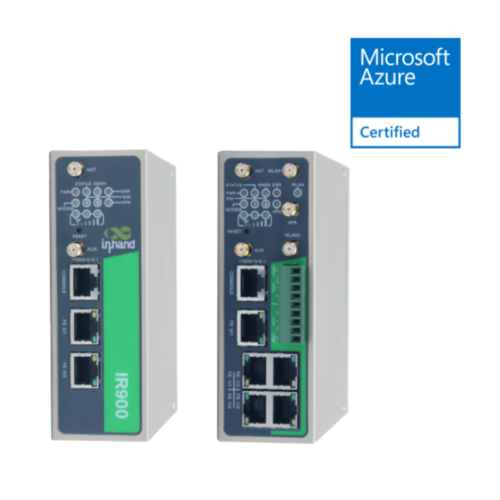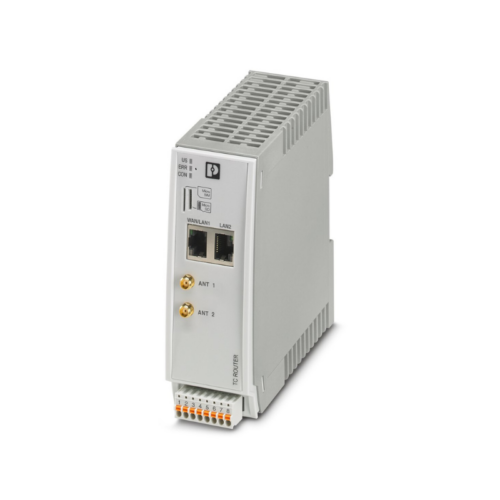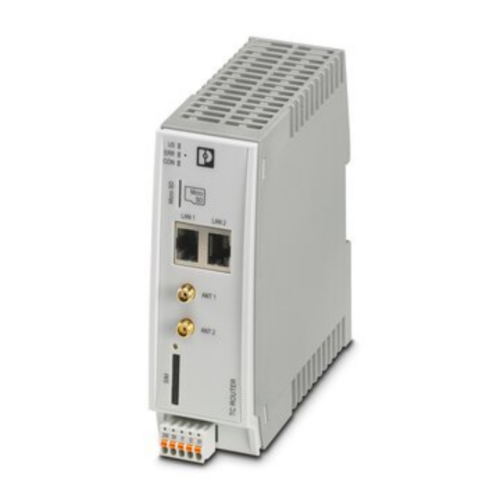Automation Systems for Water Management
Did you like this product? Add to favorites now and follow the product.

(+91) 9866777599 Start Live Chat
Description
Automation systems for water management are advanced solutions that use technology to efficiently control and optimize the distribution and treatment of water in various applications, including municipal water supplies, wastewater treatment, and industrial processes. Here’s a description of these systems:
Automation systems for water management are comprehensive tools designed to enhance the control, monitoring, and efficiency of water-related processes. They encompass a range of technologies and components, including sensors, controllers, software, and communication systems, to streamline the management of water resources.
Key features of automation systems for water management include:
1. Real-Time Monitoring: These systems continuously monitor various parameters, such as water quality, flow rates, and pressure, in real time. This ensures that any deviations from established norms are promptly identified.
2. Remote Control: Operators can remotely control pumps, valves, and other equipment to maintain optimal water distribution and treatment. This remote capability is particularly valuable for large and geographically dispersed water networks.
3. Predictive Analytics: Advanced automation systems often incorporate predictive analytics to forecast potential issues or trends, allowing proactive maintenance and resource allocation.
4. Energy Efficiency: They aim to minimize energy consumption by optimizing the operation of water treatment and distribution processes. This reduces costs and environmental impact.
5. Water Quality Management: Automation systems help maintain water quality standards by adjusting treatment processes based on real-time data, ensuring safe and clean water supply.
6. Alarming and Reporting: When irregularities occur, these systems generate alerts and notifications to operators and provide detailed reports for analysis and compliance reporting.
7. Integration: They can integrate with other infrastructure and management systems, facilitating data sharing and decision-making across various departments and organizations.
8. Scalability: Automation systems for water management can be scaled to fit the specific needs of different applications, from small-scale residential water systems to extensive municipal networks.
9. Redundancy and Reliability: These systems are designed with redundancy and backup mechanisms to ensure reliable operation and minimize downtime.
10. Remote Access: Authorized personnel can access the system remotely, allowing for quick response to incidents and adjustments as needed.
Automation systems for water management play a pivotal role in ensuring a reliable, safe, and efficient supply of water for communities and industries. By leveraging technology and real-time data, these systems help conserve resources, reduce operational costs, and minimize the environmental impact of water management processes.










